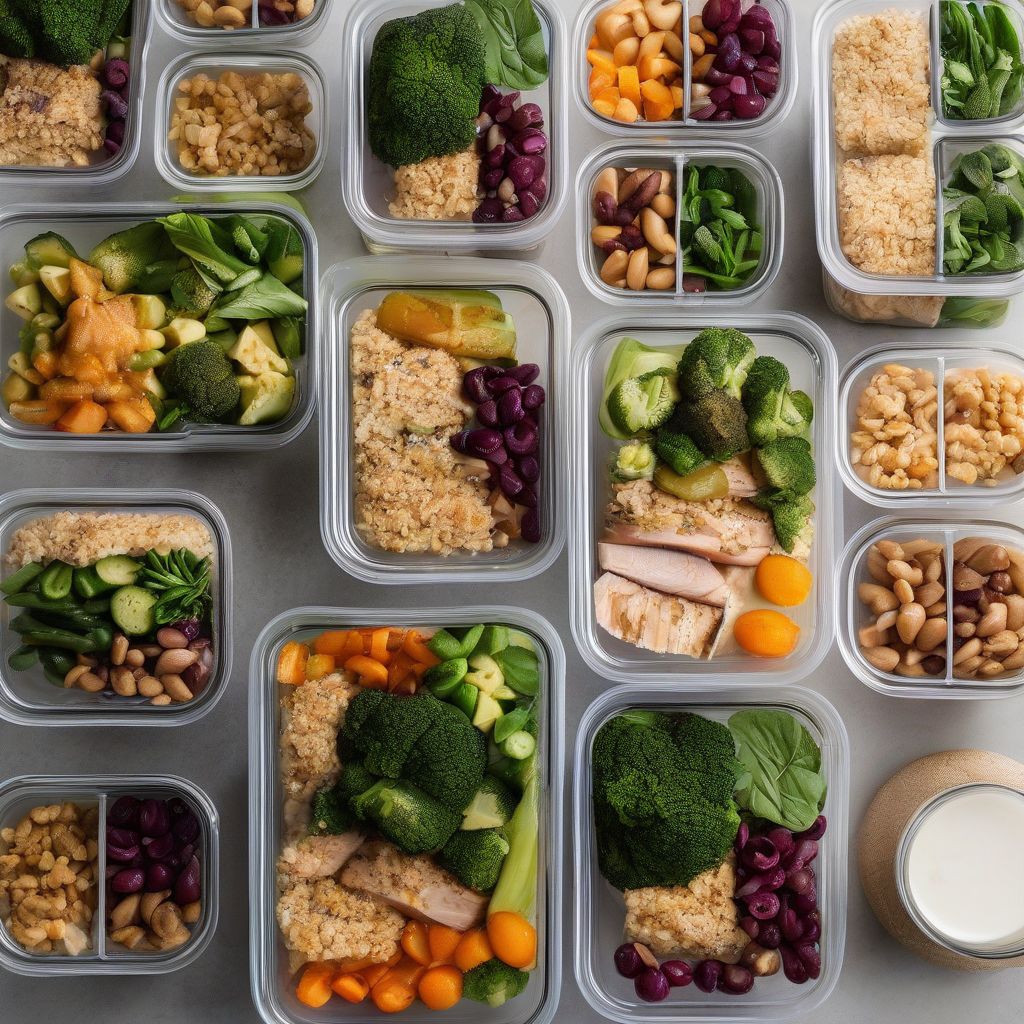We’ve all been there. The deadline is looming, the kids are clamoring for attention, and your to-do list feels a mile long. Stress, in these moments, feels almost inevitable. But what if I told you that prioritizing yourself isn’t selfish, it’s essential, especially when combatting stress? It’s true! Taking time for self-care can be a powerful weapon against the negative impacts of stress.
As a nutritionist and meal prep coach, I see the effects of stress on people’s health every day. It manifests in everything from poor sleep and digestive issues to low energy and even weight gain. But, I’ve also witnessed the transformative power of self-care. When we prioritize our well-being, we’re better equipped to handle life’s curveballs and navigate challenges with more resilience.
Understanding the Connection: Stress and Self-Care
Before we dive into the “how-to” of self-care, let’s understand why it’s so impactful in stress reduction. When we experience stress, our bodies release a hormone called cortisol. Short term, this is helpful; it’s the “fight or flight” response that keeps us safe in danger. However, chronically elevated cortisol, due to prolonged stress, wreaks havoc on our mental and physical health.
This is where self-care comes in. It’s not just bubble baths and face masks (though those are great too!). Self-care is about intentionally engaging in activities that nourish your mind, body, and spirit, helping to regulate your mood, boost your energy, and improve your overall well-being. By reducing stress hormones, self-care allows your body to rest, repair, and recharge.
Simple Yet Powerful Self-Care Strategies for Stress Reduction
Ready to reclaim your peace and well-being? Here are some evidence-based self-care practices you can easily incorporate into your routine:
1. Prioritize Movement and Exercise
“Take care of your body. It’s the only place you have to live.” – Jim Rohn
Regular physical activity is a potent stress reliever. Exercise pumps up endorphins, those feel-good chemicals in your brain, which act as natural painkillers and mood elevators. Don’t worry, you don’t need to become a marathon runner overnight. Find activities you enjoy, whether it’s dancing, swimming, hiking, or simply taking a brisk walk in nature.
2. The Power of Deep Breathing and Mindfulness
“Feelings come and go like clouds in a windy sky. Conscious breathing is my anchor.” – Thich Nhat Hanh
Deep breathing exercises and mindfulness practices are incredibly effective for managing stress. By focusing on your breath and being present in the moment, you can calm your nervous system and shift your attention away from anxious thoughts. Try practicing mindfulness meditation for a few minutes each day. There are many free guided meditations available online and through apps.
3. Nourish Your Body with Whole Foods
“To eat is a necessity, but to eat intelligently is an art.” – La Rochefoucald
Food is fuel, and what you put into your body directly impacts how you feel. A diet rich in fruits, vegetables, lean protein, and whole grains provides your body with the nutrients it needs to thrive and better cope with stress. On the flip side, processed foods, sugary drinks, and excessive caffeine can exacerbate stress and anxiety.
 Healthy Meal Prep
Healthy Meal Prep
4. The Importance of Quality Sleep
“Sleep is the best meditation.” – Dalai Lama
Sleep deprivation and stress often go hand in hand. When you’re stressed, sleep can be elusive, and lack of sleep only amplifies stress levels. Aim for 7-9 hours of quality sleep each night. Establish a relaxing bedtime routine, keep your bedroom cool, dark, and quiet, and avoid screen time for at least an hour before bed.
5. Set Boundaries and Learn to Say “No”
It’s okay to say “no” to additional commitments when you’re feeling overwhelmed. Setting healthy boundaries protects your time and energy, allowing you to prioritize self-care and stress management.
6. Connect and Cultivate Supportive Relationships
Humans are social creatures, and strong connections are vital for our well-being. Spending time with loved ones, engaging in meaningful conversations, and seeking support when needed can buffer the negative effects of stress and provide a sense of belonging.
7. Engage in Activities You Enjoy
What brings you joy? What makes you feel alive? Make time for hobbies and activities that you’re passionate about. Whether it’s painting, gardening, reading, listening to music, or spending time in nature, these activities nourish your soul and help you de-stress.
Conclusion: Make Self-Care a Non-Negotiable
Prioritizing self-care is not selfish; it’s an investment in your overall well-being. By implementing these simple yet powerful strategies, you can effectively manage stress, improve your mood, and enhance your resilience to life’s challenges.
Remember, self-care is a journey, not a destination. There will be days when sticking to your self-care routine feels challenging, and that’s okay. Be kind to yourself, start small, and gradually incorporate these practices into your life. Over time, you’ll discover what works best for you and reap the countless rewards of prioritizing your well-being.
Now, I’d love to hear from you! What are some of your favorite ways to practice self-care? Share your thoughts and tips in the comments below!
[amazon bestseller=”stress relief”]
